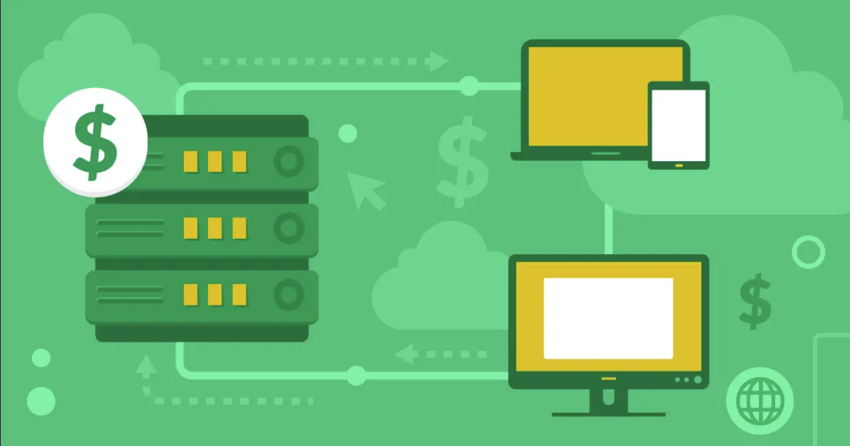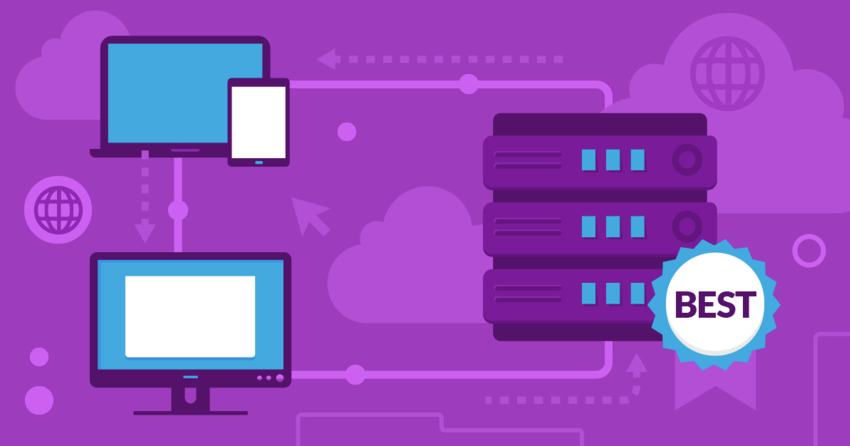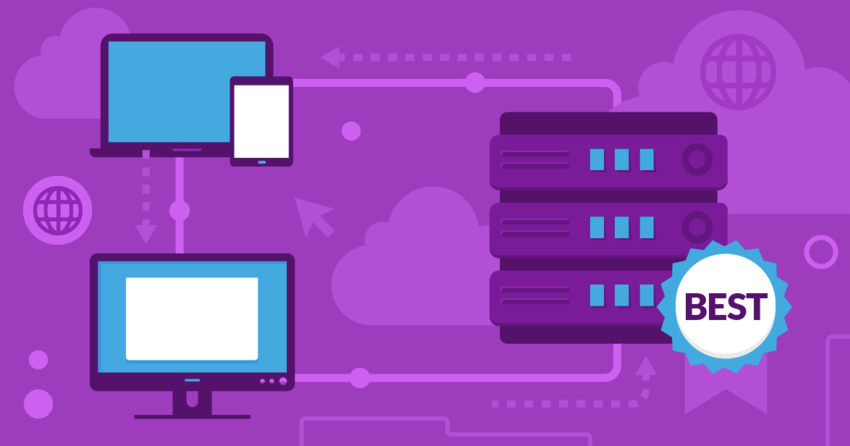So you’re about to launch your e-commerce business.
Your branding strategy is all mapped out, your operational workflow is ready to be put into action, and your products are waiting to arrive at the doorsteps of their new owners.
One crucial step remains:
choosing a web hosting plan.
But you can’t just choose any old plan. The wrong web host could spell disaster for your budding online business.
Remember when Amazon crashed on Prime Day? That could happen to you.
Okay, perhaps not on the same scale.
Nevertheless, ask yourself these
seven web hosting questions to maximize your chance of achieving online success.
1. What Kind of Server is Best for Me?
Before settling on a specific provider, have a think about which server type best suits your business needs. The following three are popular e-commerce options.
Shared Servers
As the name suggests, you’ll be sharing a server with a whole bunch of other websites, which may entail
slower page load times, more downtime, and security vulnerabilities.
Sometimes you
might even be sharing the server with a bunch of spammy websites, which means that if you plan on launching any email marketing campaigns, you may find a lot of your emails being tagged as spam by your recipients’ email servers.
Worst of all, you’ll need to migrate to another server type should you wish to upgrade your plan.
On the plus side,
they’re incredibly cheap — and essentially the most affordable hosting solution on the market. Bluehost, for example, offers their services for the price of a cup of coffee every month.
All things considered, shared servers are
suitable for small e-commerce businesses that don’t expect rapid growth in the near future. As a good rule of thumb, if you’re getting only a
few thousand visitors a month, a shared hosting service would likely be sufficient for your needs. (Of course, if you’re just starting out, you’ll likely only be getting a few hundred, if that.)
Dedicated Servers
Having a dedicated server means – you guessed it – you’ll get the whole thing to yourself. As a result, you can expect
lightning-fast load times, ultra-tight security, and minimal downtime.
You can also
customize your own dedicated server a lot more than with a shared server. If, say, you’ve got an e-commerce app that doesn’t work quite so well with the latest version of your preferred operating system, but for some reason works brilliantly with an older version, then you can easily install the older operating system on your dedicated server. Not so with shared servers.
Naturally, you’ll pay a lot more for the privilege. Dedicated servers typically cost 15 to 20 times more than shared servers. 1&1, for example, sells dedicated server plans somewhere between US$50 and $220 per month.
Generally speaking, dedicated servers are great for medium to large-sized businesses that consistently get more than 100,000 visitors a month.
Cloud Hosting
A newcomer to the scene, cloud hosting draws resources from hundreds — sometimes thousands — of machines in a cluster.
Need more power at peak periods? The host will simply draw more from the cloud and only charge you for what you use.
One server down? Not to worry: the network will simply tap on another server to take its place.
Cloud hosting is like a
happy medium between the affordability of shared servers and the performance and reliability of dedicated servers. SiteGround is one example of a reputable vendor that provides cloud hosting.
This type of hosting is most suitable for e-commerce businesses that require optimal scalability and uptime.
2. Is It Secure?
Hacking has become a multi-trillion dollar industry.
Trillion. We’re talking 13 figures here.
And e-commerce businesses are set firmly in hackers’ sights.
Scared? To be honest, you kind of should be. But there are
steps you can take to mitigate the risks.
Dedicated servers provide the best security. However, they’re overkill for many businesses. Cloud servers are acceptable, while shared servers are somewhat vulnerable.
Regardless of what you go with, insist on a plan which includes a free or inexpensive
Secure Sockets Layer (SSL) Certificate. Doing so will encrypt sensitive customer data and serve as a fundamental pillar of trust in your payment platform. Put simply, no internet-savvy customer is going to hand over their credit card details before checking for that “https.”
Additionally, opt for a
dedicated IP address which are remarkably more secure. The extra investment is typically negligible. If the vendor provides
anti-DDoS attack protection, even better.
3. Is It Scalable?
There’s no point settling on the perfect plan for
your current business needs without considering future requirements.
With any luck, your business will become an instant success and you’ll quickly need to add more resources to your plan. On the other hand, you might overestimate incoming traffic and need to downgrade.
Either way, it’s important to
choose a plan you can scale with ease. Cloud hosting scales automatically, dedicated servers are easily scalable, and shared servers are difficult to upgrade.
4. How Much Performance Do I Need?
That’s the million dollar question.
Upon launching your website, it’s nigh on impossible to accurately predict how much traffic will be coming your way.
RAM, bandwidth, storage space, and processing power are the
four major considerations for an e-commerce website.
Storage space is easy enough. Calculate the size of your website – including all the code, pictures, and videos – and add at least 20% for wiggle room and future upgrades.
The other aspects are more complex and depend on the amount of business you envision. If you’ve got an SEO specialist on your team, they may be able to assist. Alternatively, your preferred web hosting service can advise on these matters as well.
This is where the importance of scalability comes in. The ability to easily upgrade or downgrade your plan
means incorrectly estimating your performance requirements isn’t such a big deal.
5. How Much Do I Need to Pay?
Web hosting plans range from a couple of dollars to thousands. But ask yourself,
do you really need the best of the best?
When deciding on the best
web hosting plan for you, it’s crucial to
consider your business requirements so as not to over or underspend.
A budget plan with a modest amount of bandwidth and disk space might be all you need when starting out, saving you precious extra cash to spend elsewhere in your business.
Just be sure the plan is easily scalable for when your business begins to skyrocket later down the track.
6. How Reliable Is It?
All but the most expensive cloud hosting plans will suffer from downtime every now and again.
The critical question is:
how much is too much?
Most plans guarantee a minimum of 99% uptime, which sounds good on the surface. However, consider that this equates to over seven hours of downtime per month. How many extra sales could you have made during that time?
Most mid-sized e-commerce businesses
opt for the three nines – 99.9% – or more. Three nines will ensure your website is offline for a much more manageable 43 minutes each month.
7. Is the Customer Service Any Good?
The best kind of customer service is the kind you never have to contact. But on those occasions when you really need help, you want your web hosting provider to be there for you.
The last thing you want is for your website to go down on a Friday night only to be told no one will be available to fix it until Monday. Imagine all those lost sales!
To avoid such a damaging mishap, go with a provider
who offers 24/7 tech support and sterling customer service.
But don’t just take their word for it.
Examine a range of online reviews to discover the opinions of others. Dial their customer support hotline at different times throughout the day to evaluate their responsiveness. Additionally, communicate with them through email while monitoring their response times.
iPage, as an example, has a highly regarded 24/7 phone and chat support.
These should be a priority rather than an afterthought.
Choosing the Best Web Hosting Plan
Keep the above information at hand and you’ll be better equipped to make an informed decision.
Remember, scalability, reliability, security, performance, and price will largely depend on your individual business requirements.
Good luck!




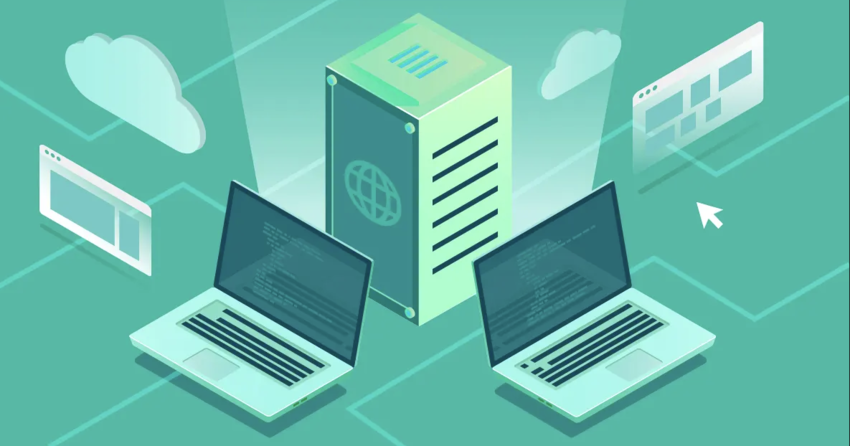

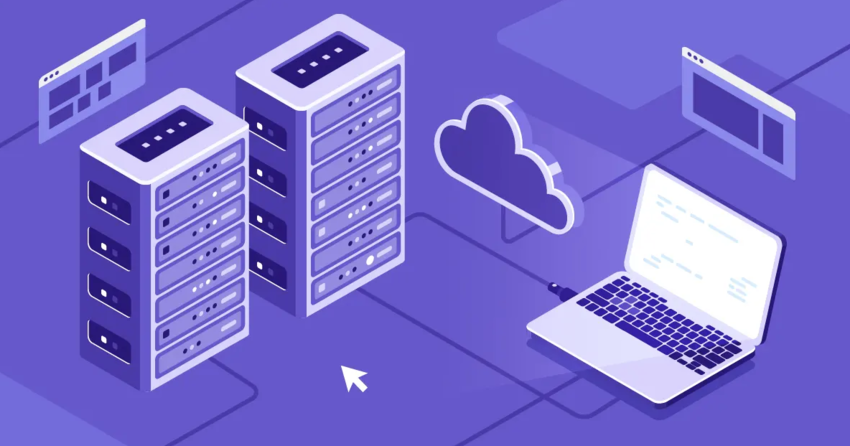

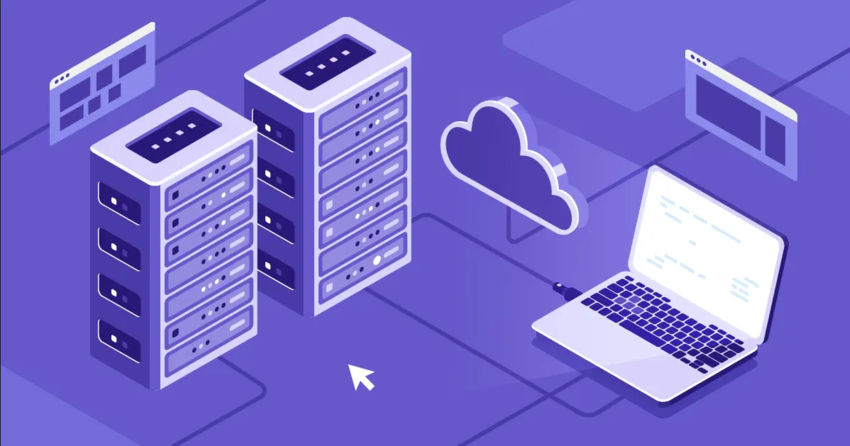
![8 Best Enterprise WordPress Hosting (Scalable & Reliable) [2025]](https://dt2sdf0db8zob.cloudfront.net/wp-content/uploads/2024/11/Best-Enterprise-WordPress-Hosting-1.png)
![8 Best Enterprise WordPress Hosting (Scalable & Reliable) [2025]](https://dt2sdf0db8zob.cloudfront.net/wp-content/uploads/2023/05/Caitlin-Greyling-150x150.jpg)
